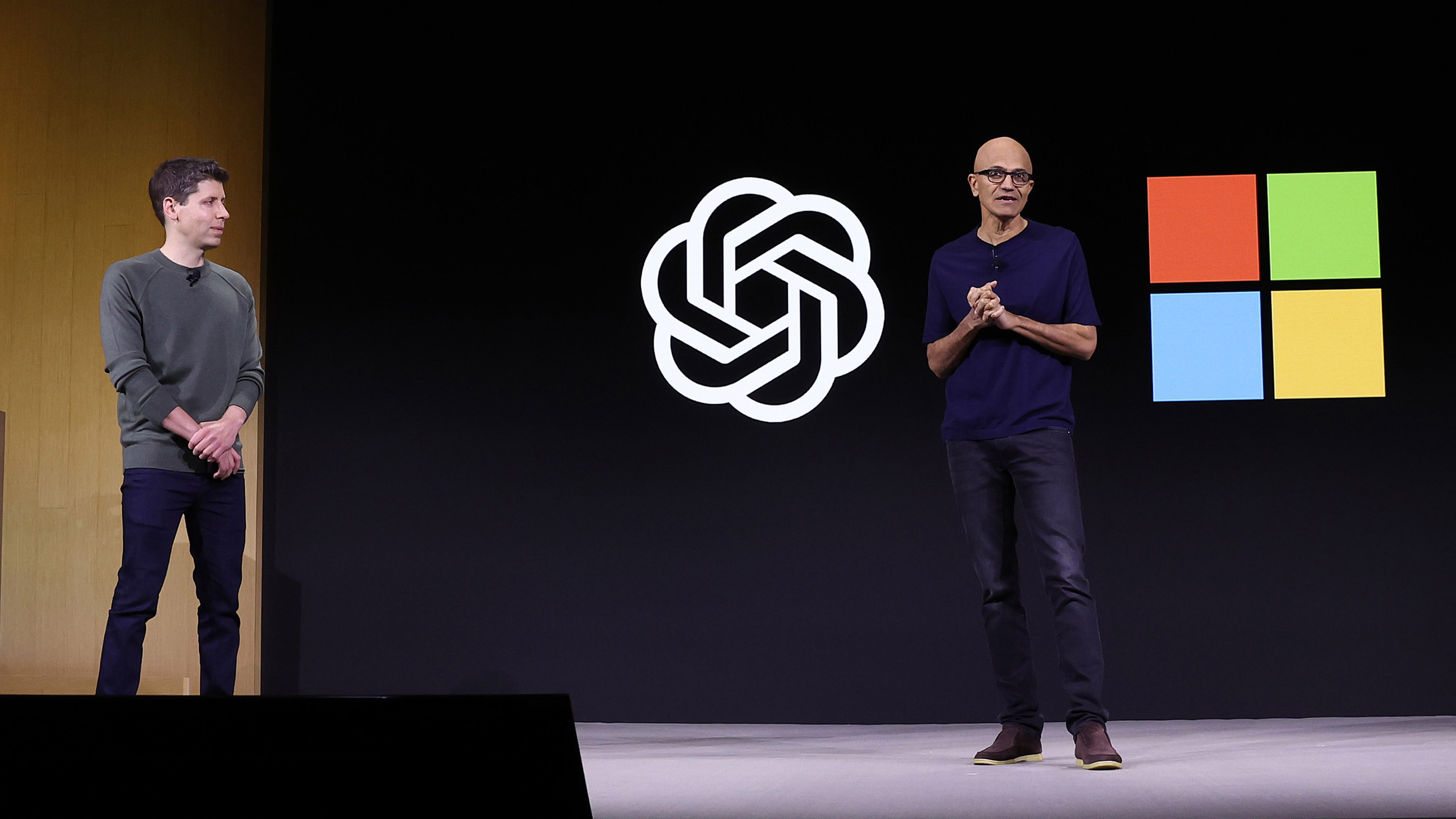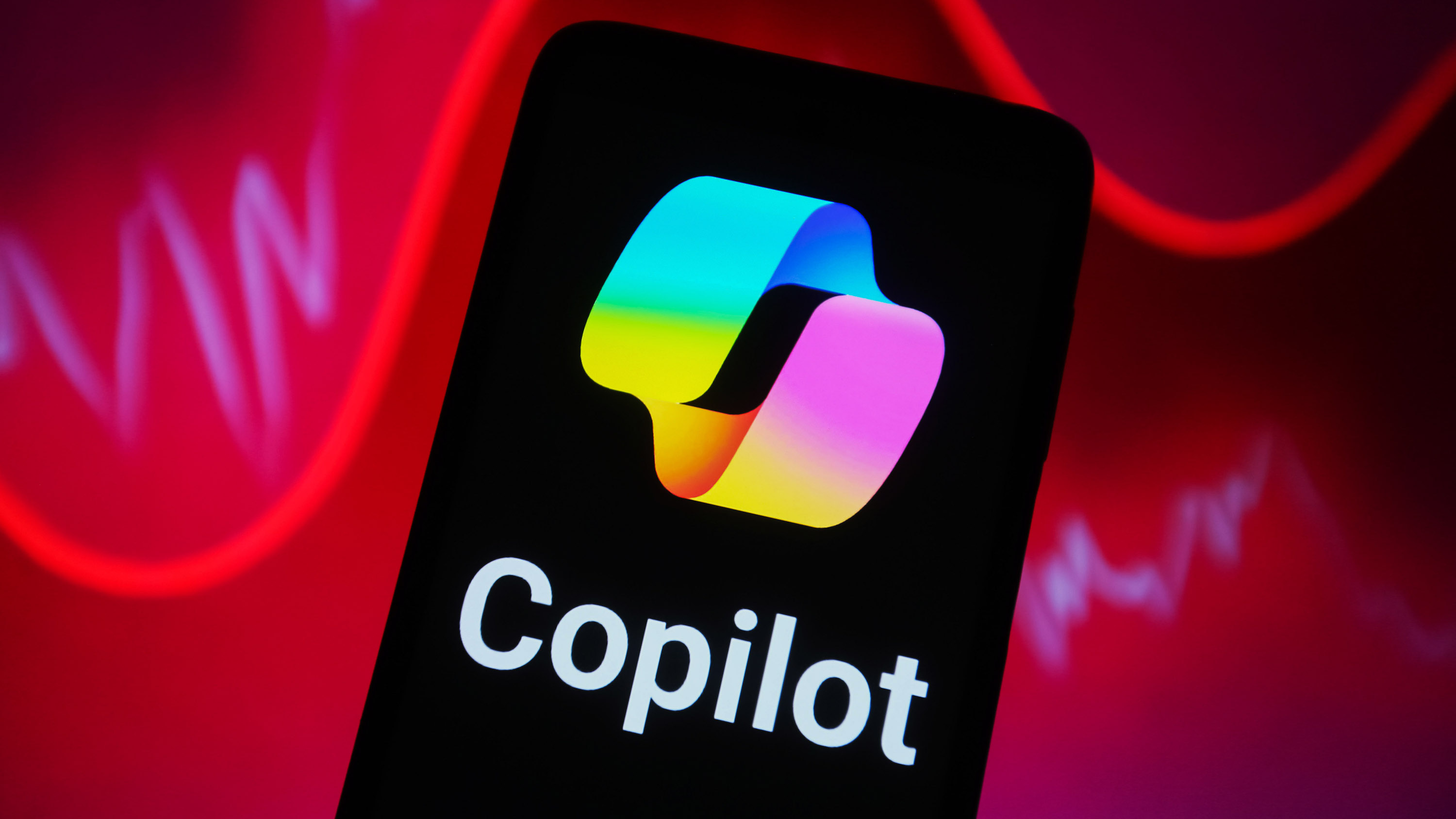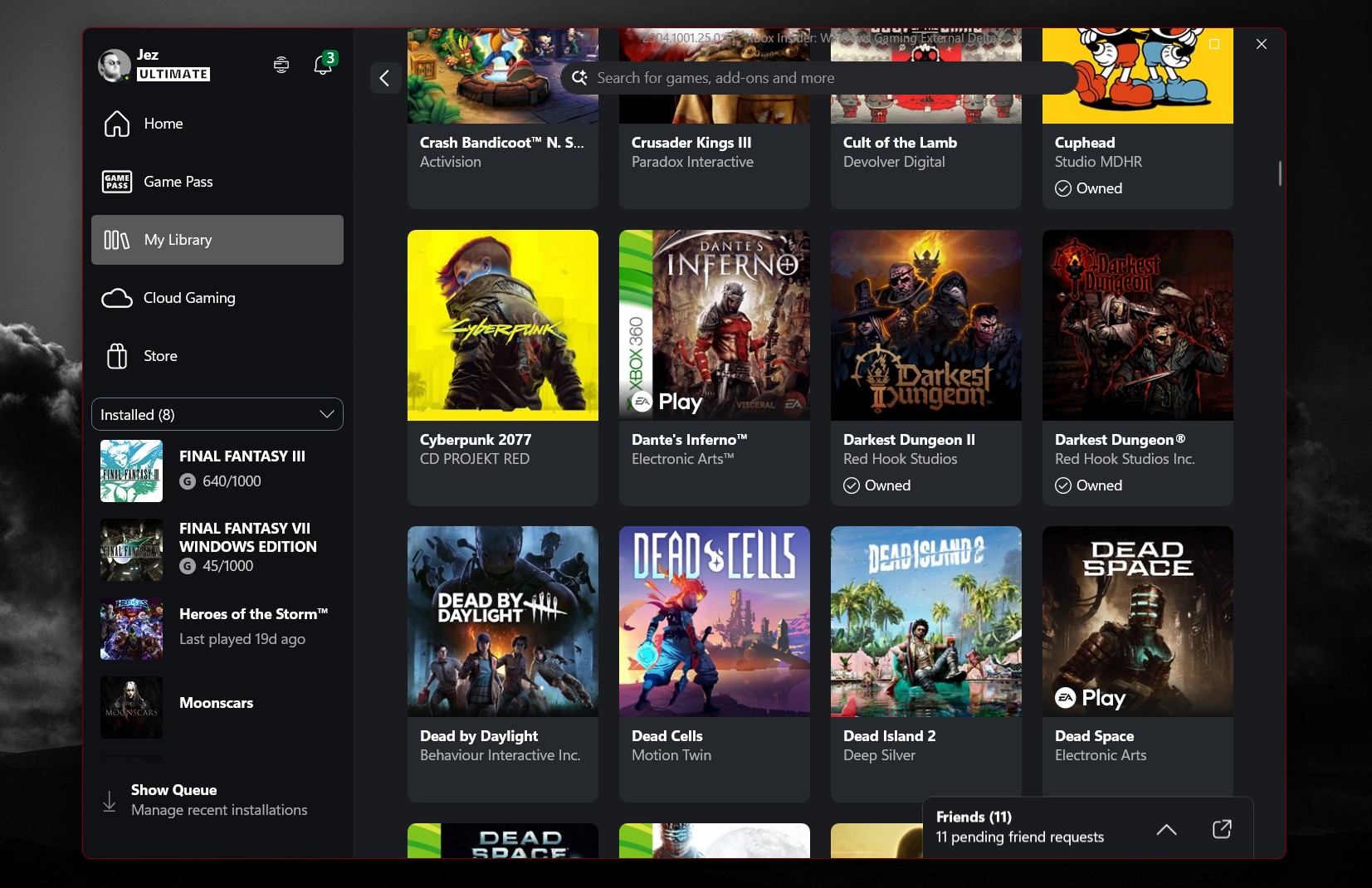Microsoft doesn't want to support ChatGPT training anymore — but OpenAI isn't "compute-constrained," according to Sam Altman
Microsoft wiggles out of two mega data center deals that would have helped facilitate additional training support for OpenAI's ChatGPT.

Microsoft and OpenAI arguably shared the best tech bromance in history. The former made a multi-billion-dollar investment to integrate the ChatGPT maker's AI smarts across its tech stack. However, recent reports suggest that their partnership is seemingly fraying.
In February, OpenAI unveiled its $500 billion Stargate project to facilitate the construction of data centers across the United States for its AI efforts. Consequently, Microsoft lost its exclusive cloud provider status as the ChatGPT maker seemingly started establishing more independence, emancipating itself from an overreliance on the tech giant for cloud computing.
Salesforce CEO Marc Benioff predicted that Microsoft wouldn't use OpenAI in the future, and as it now seems, the executive's prediction is starting to take shape.
However, Microsoft CEO Satya Nadella indicated that the change in the structure of its partnership with OpenAI won't stall the company's AI advances. The company will stick to its plan to invest $80 billion in AI advances and data centers in 2025.
According to a report from our friends at PC Gamer, Microsoft recently slowed down AI investments by pulling out of two data center deals that would facilitate additional training for OpenAI's ChatGPT.
Interestingly, a separate report by Reuters seemingly corroborates PC Gamer's report, suggesting that Microsoft's decision to pull out of the data center deals with OpenAI was by design. Microsoft no longer wants to offer additional support to OpenAI for ChatGPT's training.

This news comes at a crucial time in the AI era. Multiple reports suggest that top AI labs, including OpenAI, Anthropic, and Google, have hit a wall and are unable to develop advanced AI models because of a lack of high-quality content for model training.
Get the Windows Central Newsletter
All the latest news, reviews, and guides for Windows and Xbox diehards.
OpenAI CEO Sam Altman and former Google CEO Eric Schmidt dismissed the claims, indicating that scaling laws haven't begun stunting AI progression. "There is no wall," added Altman.
Perhaps more interestingly, in an interview, Sam Altman revealed that OpenAI is no longer "compute-constrained." Coincidentally, the executive made this statement shortly after OpenAI concluded its latest round of funding, led by SoftBank, where it raised $40 billion, pushing its market cap to $300 billion.
Despite the emergence of Chinese startup DeepSeek with a more cost-effective model that surpasses OpenAI's o1 reasoning model's capabilities at a fraction of the cost, OpenAI is seemingly determined to move forward with its $500 billion Stargate project.
It'll be interesting to see how Microsoft's partnership with OpenAI evolves as AI advances and scales greater heights, and ultimately, who'll win the AI race by hitting the AGI benchmark first.

Kevin Okemwa is a seasoned tech journalist based in Nairobi, Kenya with lots of experience covering the latest trends and developments in the industry at Windows Central. With a passion for innovation and a keen eye for detail, he has written for leading publications such as OnMSFT, MakeUseOf, and Windows Report, providing insightful analysis and breaking news on everything revolving around the Microsoft ecosystem. While AFK and not busy following the ever-emerging trends in tech, you can find him exploring the world or listening to music.
You must confirm your public display name before commenting
Please logout and then login again, you will then be prompted to enter your display name.
